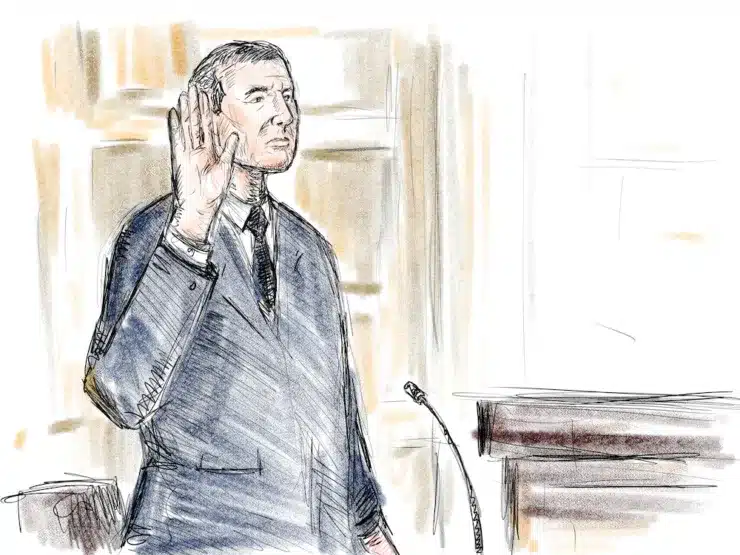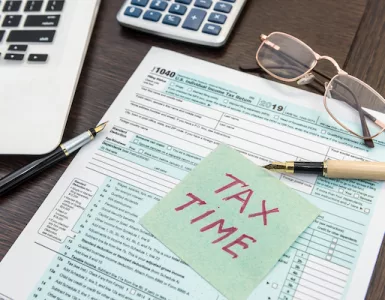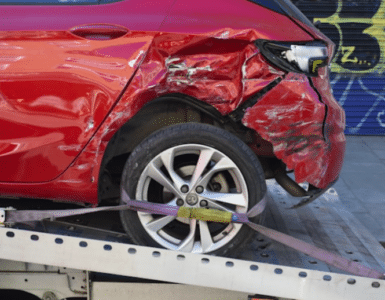Known for its cobblestone streets, historic squares adorned with moss-draped oaks, and antebellum architecture, Savannah offers a glimpse into the rich tapestry of the past. The city’s vibrant arts scene, delectable culinary offerings, and lively waterfront areas, such as River Street, draw visitors from far and wide. Beyond its picturesque beauty, Savannah boasts a diverse community, blending traditions of the past with the dynamism of modern living.
However, amid the allure of Savannah’s historic landmarks and cultural delights, accidents resulting in personal injuries can occur, disrupting the lives of individuals. When pursuing claims for these injuries results in disputes, it becomes crucial to involve witnesses in the legal process. These professionals bring a wealth of knowledge and credibility to the table. Before you start looking for a personal injury attorney in Savannah you can talk to, read through this article to learn about the role that expert witnesses play in personal injury lawsuits.
1. Simplifying Complex Medical or Technical Concepts:
Personal injury cases often involve technical terms that might be challenging for a jury or judge to grasp without expert assistance. With their specialized knowledge and experience in related fields, expert witnesses help simplify these concepts into understandable language. For example, in a lawsuit stemming from a car accident with head injuries, a neurologist serving as a witness can elucidate the different types of brain injuries and their long-term effects. By offering explanations and shedding light on medical jargon and treatments, the expert witness aids decision-makers in making well-informed judgments.
2. Establishing Responsibility:
In personal injury cases, proving liability is paramount. Expert witnesses provide credibility to support allegations concerning negligence or misconduct by another party involved in the incident. Imagine a situation where a defective product causes burns on an individual’s skin. A materials engineer, serving as a witness, can elaborate on how design flaws resulted in the injuries and justify why the manufacturer should be held accountable. The engineer’s testimony carries weight in proving liability by providing insights that go beyond what lay people could offer.
3. Evaluating Damages:
When it comes to assessing damages for injuries, it is crucial to evaluate the harm suffered by the victim. In cases involving injuries like spinal cord damage or traumatic brain injury (TBI), an expert witness can gauge the complete impact of the physical, emotional, and financial damages caused by the incident. For instance, a seasoned economist acting as a witness can project medical costs, calculate loss of earning capacity due to disability, and even quantify the pain and suffering experienced by the victim. These assessments are essential in ensuring that victims receive adequate compensation.
4. Strengthening Testimony:
Expert witnesses not only share their expertise but also enhance the credibility of other testimonies presented during personal injury litigation. Their impartial knowledge lends credibility to statements made by parties involved in the case. For example, if a witness asserts that they saw a vehicle speeding before an accident occurred, an accident reconstruction expert can provide calculations and forensic evidence analyzing elements such as vehicle positions, speed measurements, and impact angles. This can reinforce the truthfulness of witness testimonies aiding in forming a clearer understanding of the events.
5. Addressing Bias and Assumptions:
Legal cases involving personal injuries often contend with assumptions or societal misunderstandings that may impede fair compensation for those affected. Expert witnesses help counter biases by providing objective viewpoints based on their professional expertise and experience. In situations where chronic pain is an issue without any significant physical manifestations, a specialist in pain management serving as an expert witness can enlighten the court about the real nature of these conditions and how they can significantly affect an individual’s life despite lacking apparent physical harm indicators.
6. Selecting and Evaluating Expert Witnesses:
The selection of an expert witness plays a role in constructing a solid legal argument. Attorneys must carefully review the qualifications and proficiencies of expert witnesses before making a decision. It is crucial to ensure that the chosen expert witness possesses experience within the domain related to the personal injury case being litigated. For example, in a medical malpractice lawsuit, an attorney would seek out an expert who is well-versed in the procedure or condition under scrutiny. Furthermore, attorneys should evaluate aspects such as a witness’s credentials, affiliations with organizations, published works, and prior testimony experiences. This evaluation process helps establish the credibility of the witness and guarantees that their testimony will be deemed credible by the court.
Conclusion
Expert witnesses play a role in personal injury lawsuits by making intricate ideas easier to understand, determining accountability, assessing damages, reinforcing testimonies, and countering any prejudices that could harm those injured and seeking fairness. Their knowledge provides assurance to the courts that the rulings are well-founded and logical rather than emotional or speculative. In the end, having expert witnesses involved helps ensure resolutions for everyone involved in personal injury disputes.




